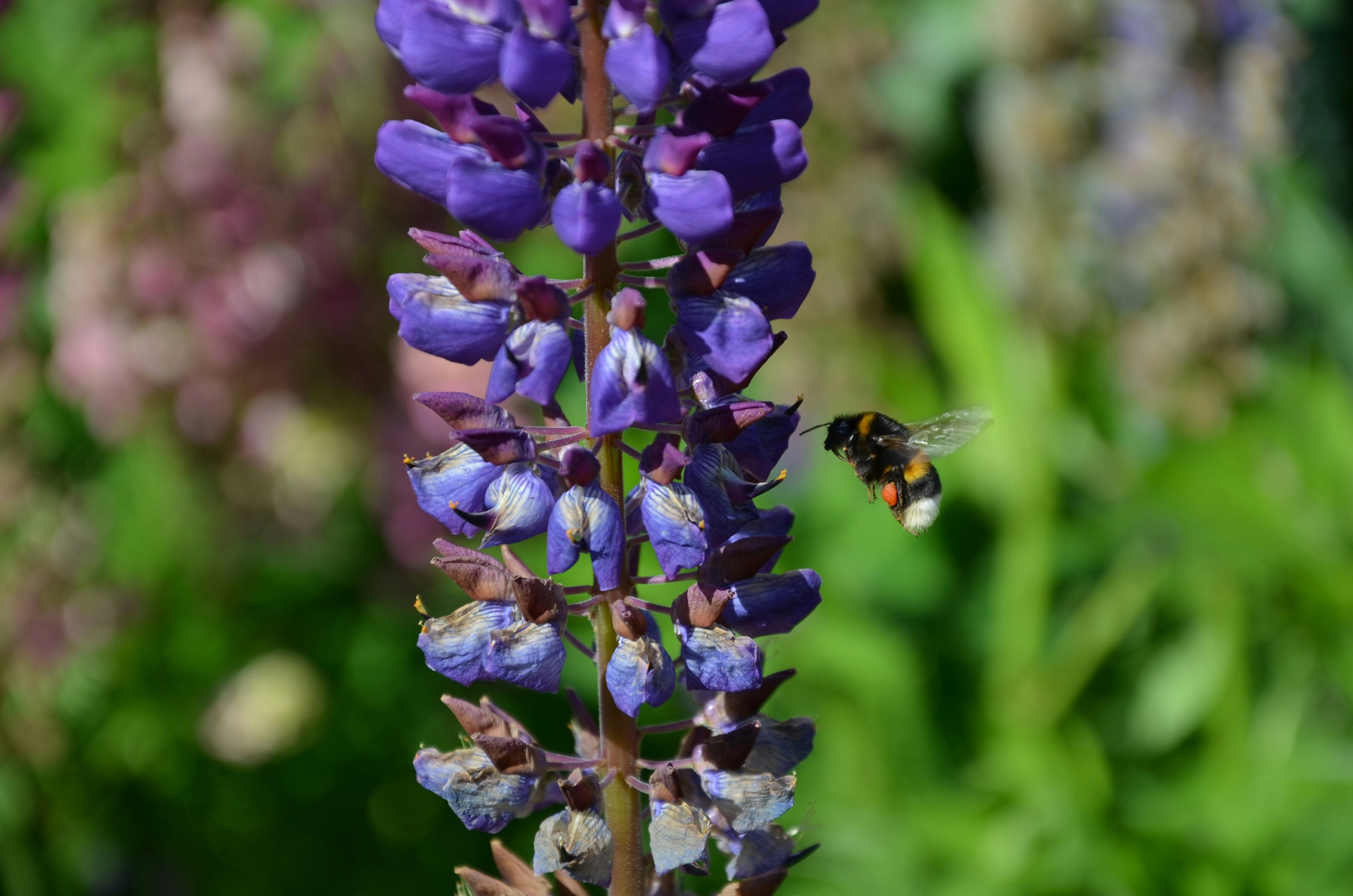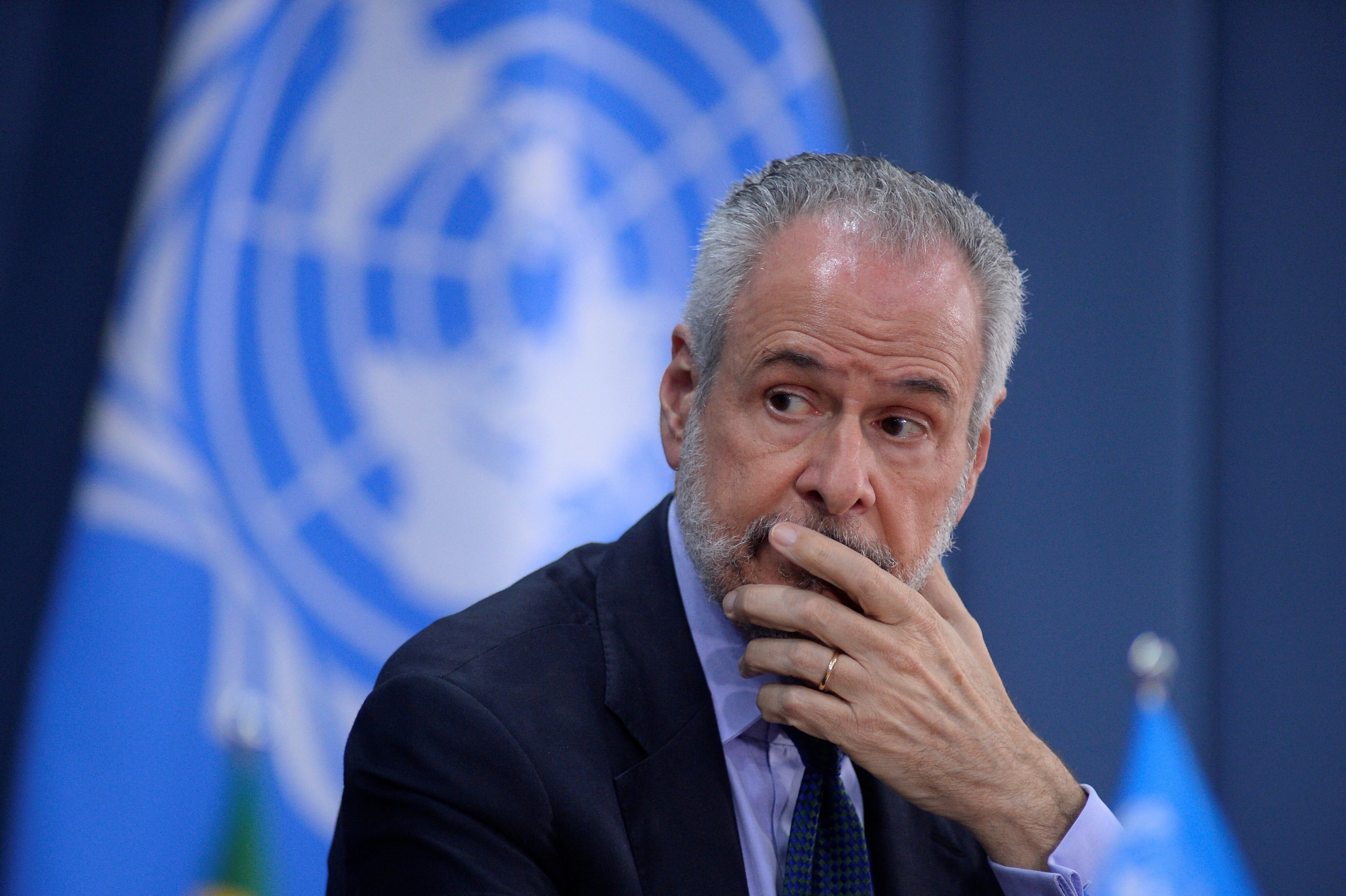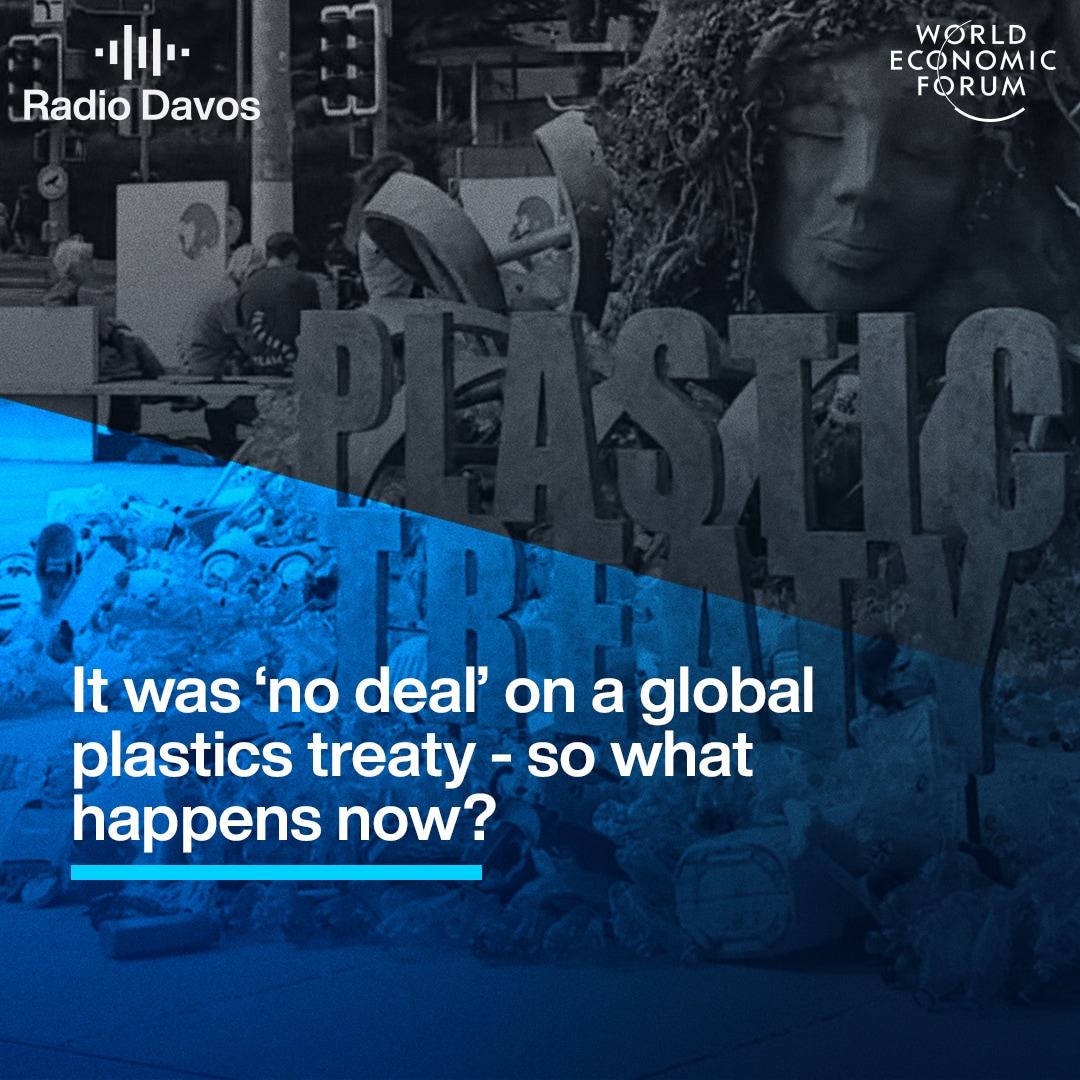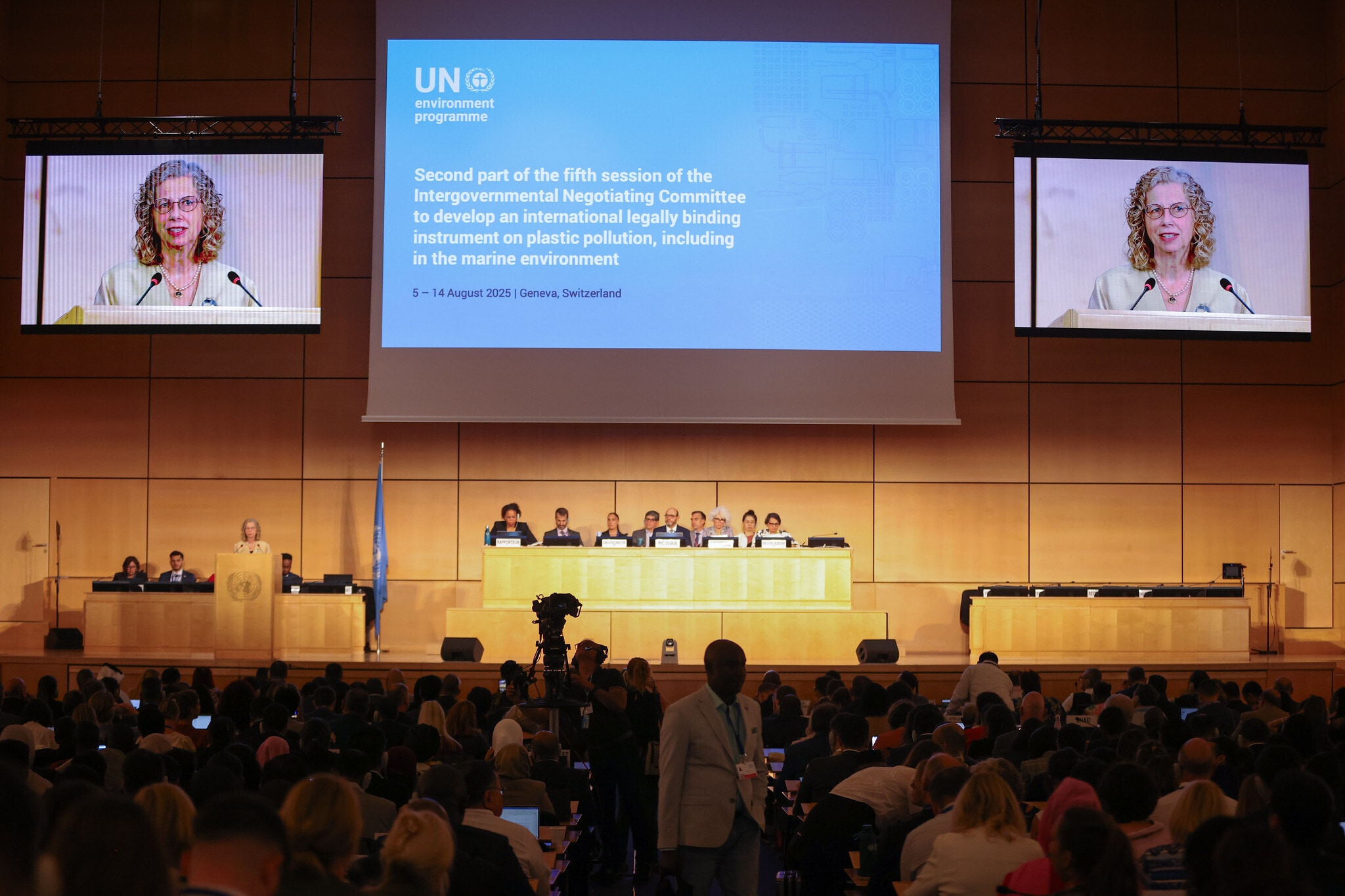This man ran 4,800km across mountains, deserts and cities to raise awareness of marine pollution

On his 4,800km journey, Sam has engaged with over 8,00 people, raising awareness about plastic pollution.
Image: Martin Parent/Sam Bencheghib
Stay up to date:
Plastic Pollution
- He’s run thousands of kilometres to raise awareness of marine pollution.
- The plastic waste on his home of Bali inspired him to take action.
- 8 million tonnes of plastic waste end up in the sea every year.
It’s around 4,800 kilometres from New York to Los Angeles – coast-to-coast, northeast to southwest, across the mountains, plains and prairies of 13 different states. It’s a journey that would take 41 hours of non-stop driving or a flight lasting six hours.
Alternatively, you could run. Yes, run. If you can cover 32 kilometres every day it would take you approximately 160 days to complete the trip. You’d have to be crazy, right? Or maybe so determined to make a difference that you believe “no idea is crazy enough.”
Step forward Sam Bencheghib, who has just completed that feat. He ran from Battery Park in New York to Santa Monica, to raise awareness about the harm plastic pollution is inflicting on our world’s oceans. He even wore running shoes made from upcycled plastic.

His journey ended on 1 February 2020, when he was accompanied by a group of 70 runners for his last mile before he jumped into the Pacific ocean to celebrate.
“It definitely wasn’t easy to get there but despite all the obstacles along the way, physically, mentally and emotionally, it was a life changing experience that I will carry with me for the rest of my life,” he said.
Time for action
His brother Gary spoke at the World Economic Forum’s Annual Meeting in Davos this year. Together with their sister Kelly, Sam and Gary help run the Make a Change Foundation, which fights marine plastic pollution. “There are 500 times more pieces of plastic in our ocean than there are stars in our galaxy,” Gary told the Davos audience. "The truth is that there has never been a more important time to act than now."

The Bencheghibs grew up on the Indonesian island of Bali. In 2017, the two brothers paddled along the heavily-polluted Citarum river in a kayak made from plastic bottles to raise awareness about the trash clogging up the waterway. At Davos, Gary was unveiling his latest initiative – Sungai Watch, an online platform that uses artificial intelligence and river barriers to detect and trap plastic and other debris. 'Sungai' means river in Indonesian.
Around 300 million tonnes of plastic waste is generated every year, with around eight million of those tonnes ending up the sea.
Accept our marketing cookies to access this content.
These cookies are currently disabled in your browser.
Down but not out
Sam’s journey ran into difficulties on the last stretch. With just 720 kilometres left of his mammoth journey, he damaged his Achille’s tendon. “Sometimes no matter how hard you try to do everything right, you get unlucky,” Sam wrote on the Make a Change blog. Undeterred, he picked up some hiking poles and started walking rather than running.

Along the way, Sam met with residents of landlocked parts of the US to talk about his experiences dealing with coastal and river-borne plastic pollution. He visited schools and universities, conducted zero-waste workshops, and plogging events to clean up local neighbourhoods.
What is the World Economic Forum doing about plastic pollution?
“I’m bringing the ocean to citizens around the US who don’t necessarily understand the problem,” Sam said in an interview last year. “A big part of it is that no matter where you live, inland or by the coasts, everyone contributes to this problem because they’re using plastic. And 80% of the plastic in the ocean comes from rivers and streams.”
Don't miss any update on this topic
Create a free account and access your personalized content collection with our latest publications and analyses.
License and Republishing
World Economic Forum articles may be republished in accordance with the Creative Commons Attribution-NonCommercial-NoDerivatives 4.0 International Public License, and in accordance with our Terms of Use.
The views expressed in this article are those of the author alone and not the World Economic Forum.
Forum Stories newsletter
Bringing you weekly curated insights and analysis on the global issues that matter.
More on Nature and BiodiversitySee all
Anurit Kanti
September 1, 2025
Matilda Gennvi and Dan Andersson
September 1, 2025
David Elliott
August 27, 2025
Tom Crowfoot
August 20, 2025






